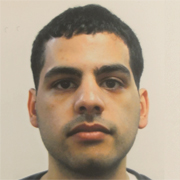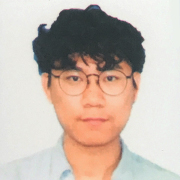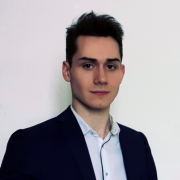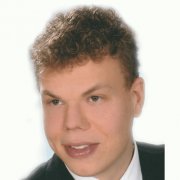Florence d'Alché-Buc
Florence d'Alché-Buc, the holder of the Data Science & Artificial Intelligence for Digitalized Industry & Services Chair, has been since 2014 a full professor at Télécom Paris, an IMT grande école. Previously, she was a professor at Université d’Evry, an ATIGE (Genopole Thematic Incentive Actions) researcher and joint head of the IBISC lab. She launched and managed the Challenges program as part of the PASCAL European network (2004-08) and since 2017, has become the scientific director of the Digiscome Labex. Her research is on machine learning, network inference, structured prediction and dynamical system modeling. She has authored more than 80 articles in international journals and conference proceedings.
As part of her teaching work, she is co-head of the Data Science Master 2 at Université Paris-Saclay jointly awarded by École Polytechnique, ENSAE Paris and Université Paris Sud. She participated in the conception of the new continuous education programs in artificial intelligence: a Post-Master Degree and a specialist certificate. She is also responsible for the Bearing Point Data Science Education Chair.
She is co-responsible for the Axis 3: Machine Learning for trusted and robust decision.Keywords: machine learning, kernel methods, structured prediction, network inference, dynamical systems.


























































